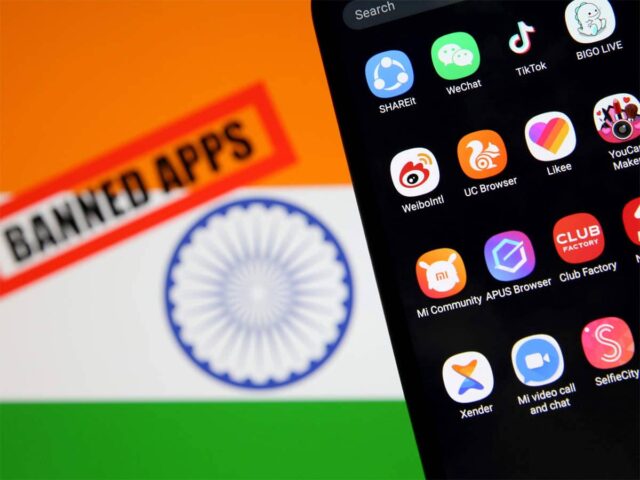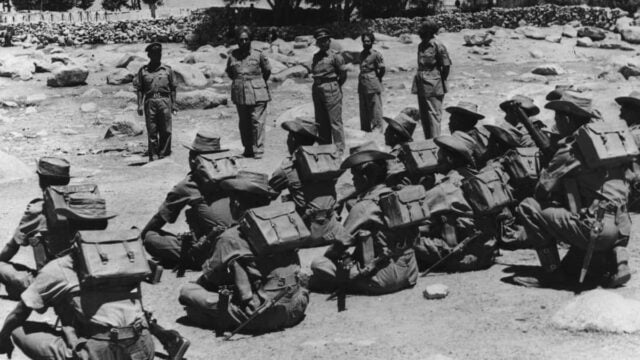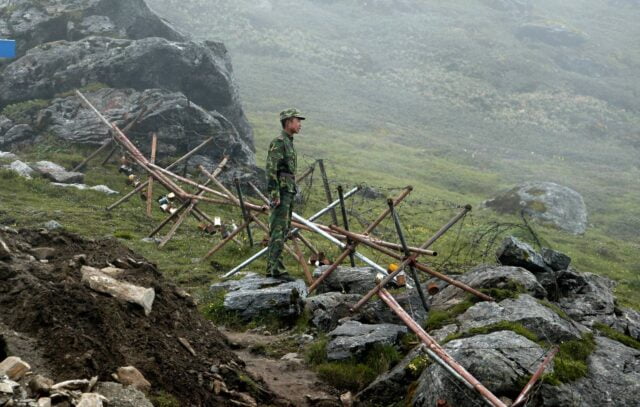Our understanding of how a nation can be defined remains in murky waters, as socio-cultural intolerance and inequalities are surging today in the face of a global pandemic. Many people have become glued to their screens, consuming information as and when it scrolls by their social media.
Millennials occupy a major position in our current political scenario, as they are going to determine how the future would turn out. However, are Indian millennials ready to take up the responsibilities of the people that form our government right now?
The Chinese App Ban
On 29th June 2020, the government banned 59 apps including TikTok and SheIn in an attempt to protect the country’s “security and sovereignty.” It was imposed under Section 69A of the IT Act for mining data without user discretion.
Many Indians and online businesses welcomed the decision, and it was looked at positively on social media in another routine of admonishing and humiliating TikTok users in India. It seems as if our political engagement depends upon how much it piques our sense of humour.

Again, on 2nd September 2020, 114 more apps were banned including India’s favourite game PUBG. It was followed by a huge overflow of memes and tweets projecting disappointment.
PUBG is a game that involves being protected in your own territory while you shoot down enemies to win as the last one standing. Ironical.
What Do Millenials Want?
In a social survey, it was found that most millennials, who were found taking selfies next to India Gate, were not aware of the Kargil war. They said it was because the memory wasn’t passed down to them.
However, it was also observed that many are sceptical of the kind of glorification that war entails, and are suspicious of the notions of patriotism.
Hence, one can rightly conclude that our education system and modern technology could be a reason why millennials have lost touch with stories that engage with our problems at the border.
Read More: 1962: India China Debacle. A Complete Report On This War Between Giants
Yet, can it justify our blissful ignorance of the India-China border dispute that is happening now? Can scepticism about the glorification of war solve the ongoing violence that thousands of soldiers (human lives) face at the borders?
A Brief Summary Of The Dispute
As a millennial, even I have not closely followed the issue. Although I believe in social inclusivity and staunchly advocate fighting for minorities, I hypocritically forget the simple lives of the many men who face the brunt of disparities in international relations.
India has had a history with China, with the Sino-Indian War that took place in 1962. During the lockdown, on 15th June 2020, 20 Indian soldiers were killed in Galwan Valley, Ladakh. It stemmed from a misunderstanding that both countries have about the border, also known as the Line of Actual Control (LAC).

To put it simply, Indians are of the view that the Johnson Line of 1865, which includes Aksai Chin, is the border whereas the Chinese think it’s the Macartney-MacDonald line of 1899.
This geographical problem extends to an interest that the Chinese have on acquiring Ladakh, which is the region that is facing the consequences of such a misunderstanding.
While the army officials negotiated with the dispute, the government made its official move by placing the ban on Chinese apps which was then perceived as a response to this violent outbreak.
On 29th and 30th August, another outbreak happened in Pangong lake near Tibet, where a soldier was killed and many others were injured. India is still holding its position at the place, while the countries engage in diplomatic talks.
I do not remember coming across a single social media post that talked about this incident.
It’s ironic how in our criticism that human lives have become so technologically motivated, we also seek solutions and comfort in a virtual world that is disconnected from social reality.

A Grim Conclusion
While it is hard to encapsulate a historical problem in a few words, it is visible that social media and the online environment have only been a space of distraction from issues that need a millennial’s attention.
Instead of looking at the ban as a saddening or meme-worthy incident, one can look up from their phones to reflect on problems that come with boundaries and hierarchies among nations.
Image Credits: Google Images
Sources: Economic Times, Deccan Herald, Quartz, News18
Find The Blogger: @aiswaryanil
This post is tagged under: india-china war, india-china dispute, what is happening in india-china border, line of control, line of actual control, pakistan, kargil war, sino-indian war, indira gandhi, chinese government, tiktok, pubg, faug, akshay kumar, modi government, bjp, why were chinese apps banned in india, indian soldiers, katgil diwas, panglong lake, ladakh, what is happening in ladakh, the violence in ladakh, kashmir, pakistan, media, news
Other Recommendations:
2 Men Sexualize Indian Goddess And Dead Mother, Get Called Out For Insensitivity





























